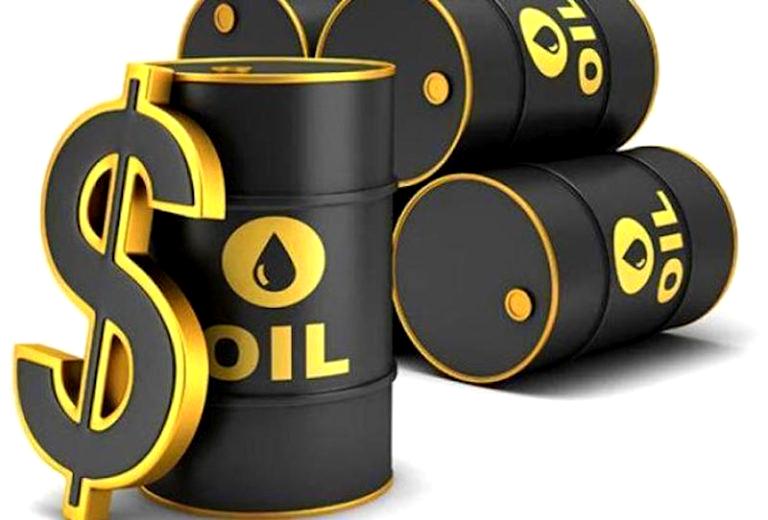Oil prices edged lower on Wednesday as a surprise build in U.S. crude stocks and larger-than-expected rise in fuel stocks fuelled demand concerns amid worries of a rise in supply later this year. Brent crude futures were down 24 cents, or 0.3%, at $77.27 a barrel. U.S. West Texas Intermediate crude futures eased 23 cents, or 0.3%, to $73.02. U.S. crude stocks jumped by 1.2 million barrels in the week to May 31, compared with analysts’ estimates for a draw of 2.3 million barrels, data from the U.S. Energy Information Administration showed. However, the build was below the American Petroleum Institute’s reading on Tuesday of an increase of more than 4 million barrels. Gasoline inventories rose by 2.1 million barrels versus expectations for an increase of 2 million barrels, adding to demand concerns as the week reflected fuel usage around the Memorial Day holiday, which is traditionally viewed as the start of the U.S. summer driving season Distillate stocks rose by 3.2 million barrels compared with estimates of an increase of 2.5 million, EIA data showed.
Both contracts have fallen for five straight sessions, and declined more than 1% on Tuesday to their lowest settlement levels since early February. The slide followed news from the Organisation of the Petroleum Exporting Countries (OPEC) and its allies, a group known as OPEC+, of plans to increase supply from the fourth quarter despite recent signs of weakening demand growth. “The comments from OPEC+ were a may or could, it’s not definitive and if prices are in the low $70s, I don’t see OPEC raising production,” said Dennis Kissler, senior vice president of trading at BOK Financial. Saudi Arabia’s energy minister, Prince Abdulaziz bin Salman, has said OPEC+ would pause the unwinding of the cuts or reverse them if demand wasn’t strong enough to absorb the barrels.
Prices drew some support from data showing U. S. private payrolls increased less than expected in May, with data for April revised lower. ADP’s employment report added to data on Tuesday which showed U. S. job openings fell more than expected in April, which could help the Fed’s fight against inflation and strengthen the case for cutting interest rates. “Yesterday’s U.S. job data hints at a softer labor market and a September rate cut from the Fed,” said Tamas Varga, an analyst at PVM Oil. The U.S. could hasten the rate at which it replenishes the country’s Strategic Petroleum Reserve, Energy Secretary Jennifer Granholm told Reuters on Tuesday, adding that she believes the global oil market is well supplied.

